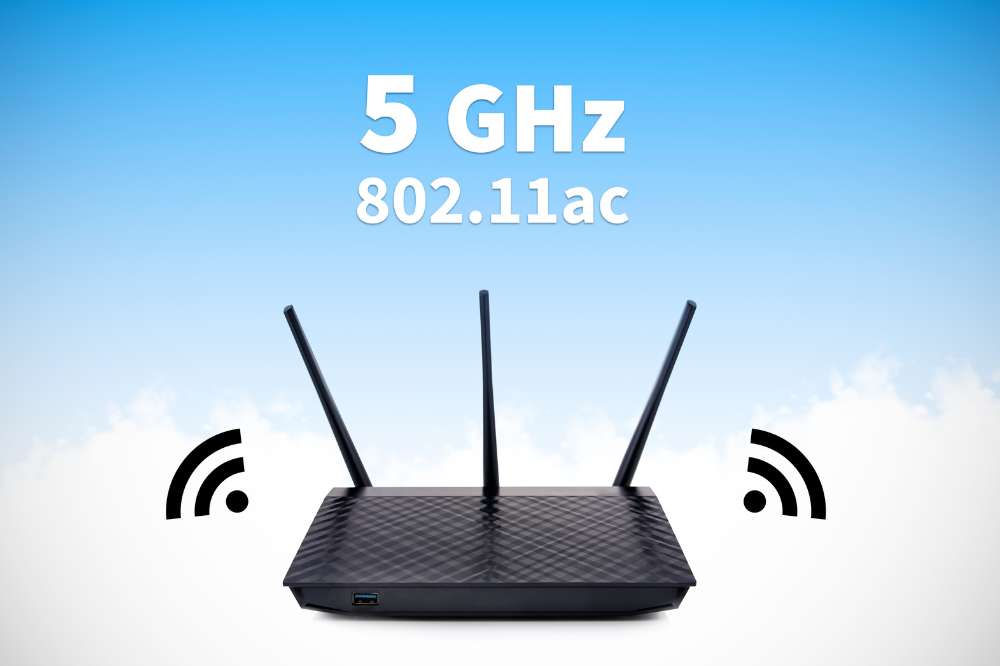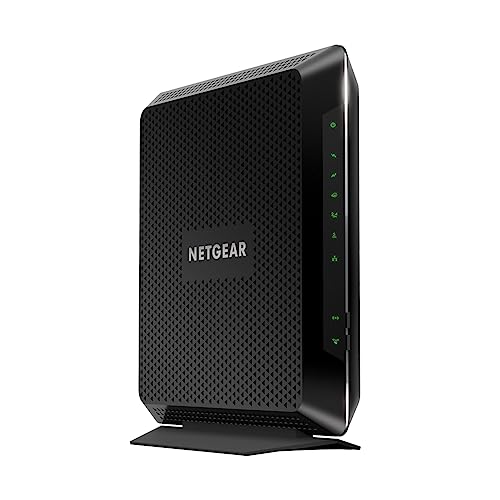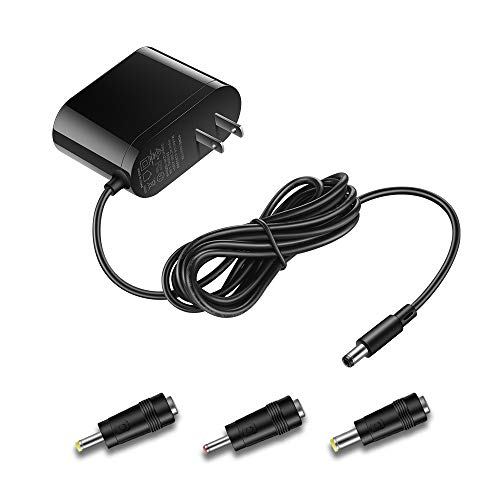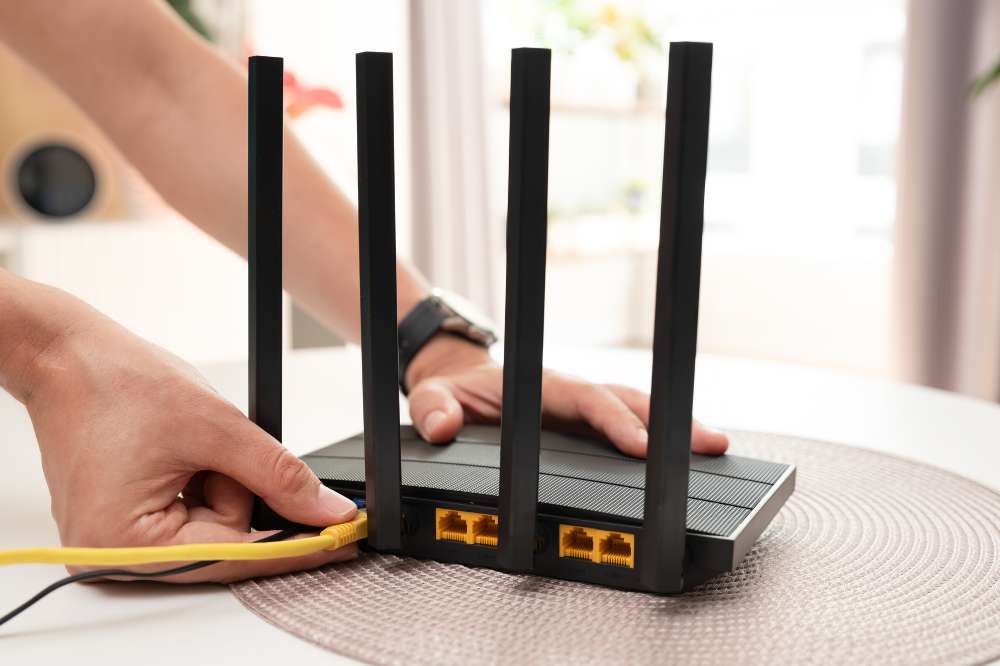A Wireless Router is one of the best things that has happened to humanity in the history of technology. It has provided seamless internet connection while depending on frequencies rather than cables. Just like every phenomenon, the Wireless router is built in different ways and types. The most popular are a single-band router and a double-band router. Each has its various peculiarities but one significant difference.
The single-band router uses either a 2.4GHz frequency or a 5GHz. On the other hand, the double-band router can use both frequencies to get the best internet connection. As the significant difference between both routers has been established, this article will further dive into other differences between a 5GHz single-band router and a dual-band router, comparing which is best for an individual.
What is Dual Band WiFi?

Dual-band WiFi is the middle ground for different types of routers. As established earlier, it can use both 2.4 and 5GHz frequencies simultaneously. These routers are high-speed and can support an internet speed of up to 2167 Mbps or more. It is suitable for homes or situations where multiple internet connections are needed without compromising the speed quality; the dual-band WiFi is the best bet for you. Although as perfect as this router seems, it has some disadvantages, which will be discussed later in this article.
- Compatible with major cable internet providers including Xfinity, Spectrum, Cox and more. NOT compatible...
- [Compatibility] 12V Power Supply Adapter Compatible with Netgear, Linksys, Asus,Motorola, Motorola/Arris...
What is a 5GHz Router?
In the world of single-band routers, there are still many subclasses. The two common subclasses are the 2.4GHz and the 5GHz frequency routers. Both have their differences, but only the 5GHz single-band router is the topic of discussion for this article. The 5GHz single-band router uses only the 5GHz frequency. This frequency is slower than a dual-band router but has excellent bandwidth and can cover a long distance. This router has many advantages and disadvantages that will be used to compare the dual-band WiFi.
Dual Band WiFi vs 5GHz Router
When comparing two routers, specific parameters should be discussed. These parameters include speed, bandwidth, range, stability, and the reliability of the connections. They will be discussed intensively before a conclusion is reached on which router is better.
Speed
In the world of single-band routers, the 5GHz Router is a king. It is faster than its 2.4GHz counterpart. This speed is because the 5GHz is less frequently congested than the 2.4GHz. However, an adage says that in the village of blind people, the one-eyed man is the king. This is the tale of the 5GHz Routers in single-band routers.
Meanwhile, it loses its shine when the 5GHz Router is placed beside a dual-band router. The dual-band router has access to the speed rate of 2.4GHz and 5GHz frequencies. This gives it the ability to use both speeds simultaneously. In terms of speed, the dual-band WiFi is better than the 5GHz router.
Bandwidth
Bandwidth is the range of frequencies within a given band. In simpler terms, a 2.4GHz router can only work with a bandwidth of 2.4GHz. In a similar way, 5GHz WiFi can only work within 5GHz bandwidth. Speed comes in place in an environment that uses only 2.4GHz or 5GHz Routers. The routers will have a relatively slower speed in an environment that uses mostly 5GHZ frequencies. On the other hand, the dual-band router can easily alternate and use the frequency bandwidth with the most minor congestion.
Range and Coverage
These two parameters are essential in comparing the single-band 5GHz Routers and the double-band routers. In the single-band world, the 5GHz Routers have a smaller range. It exchanged its coverage ability for speed. The 2.4GHz routers are way better and can reach farther distances. Also, the 5GHz Routers cannot reach some places due to walls and bricks. The 2.4GHz frequency, on the other hand, can penetrate those barriers and deliver a good connection.
You might wonder why compare the 2.4GHz and 5GHz single-band routers. Well, dual-band WiFi has the ability to use both frequencies. This means that it has the coverage range of the 2.4GHz routers and the speed of the 5GHz Routers. This makes it a better option for people whose homes have dead ends and still desire a fast connection.
Stability and Reliability
Stability and reliability are relative when comparing a single-band 5GHz router and a double-band router. The simple truth is that there is a restriction when using a single-band router. If, by chance, there is a fault in connectivity, you cannot have access to the internet until the fault has been fixed. Meanwhile, when using the double-band router, a fault in one of the frequencies’ connections will be rectified by using the other frequency. Therefore, this means that you can easily rely on the stability of a double-band router rather than a single-band router.
Network Capacity
In most homes or offices, there is always more than one individual connected to a router simultaneously. In such situations, single-band routers like the 5GHz do not have enough capacity to supply internet to all devices at the same time. On the other hand, dual-band WiFi will maintain speed and good connectivity and reach a broader range, regardless of the number of people connected simultaneously.
Cost
When one device has more capacity than another, the better device is expected to be more expensive than the other. The cost of dual-band routers is one of its downsides. The single-band routers are cheaper and easier to purchase. You can choose from any single-band routers if you are on a low budget. But, if you can afford it, go the best and buy a dual-band WiFi.
Conclusion
With all the highlighted points above, the answer to the question “Is dual-band WiFi better than 5GHz routers?” is a big Yes. The dual-band WiFi has more capacity and will serve more functions than the 5GHZ single-band routers. However, if you want to purchase a router for your individual use and cannot get the dual-band router, the 5GHz Router is the second-best option. Undoubtedly, the 5GHz Router is the best in single-band routers.





